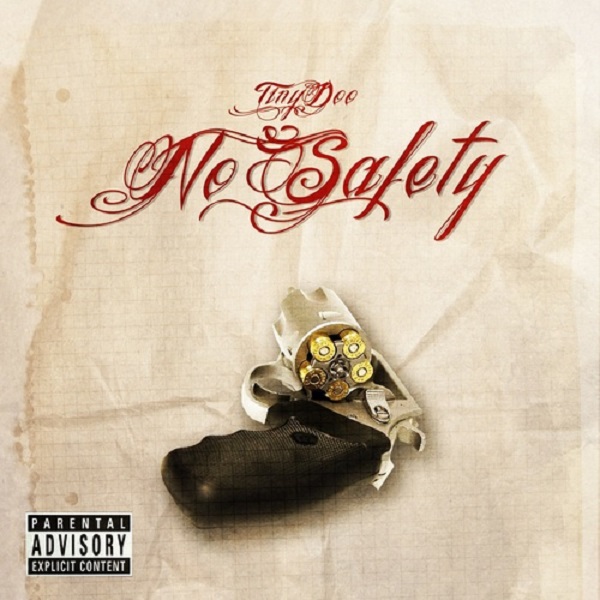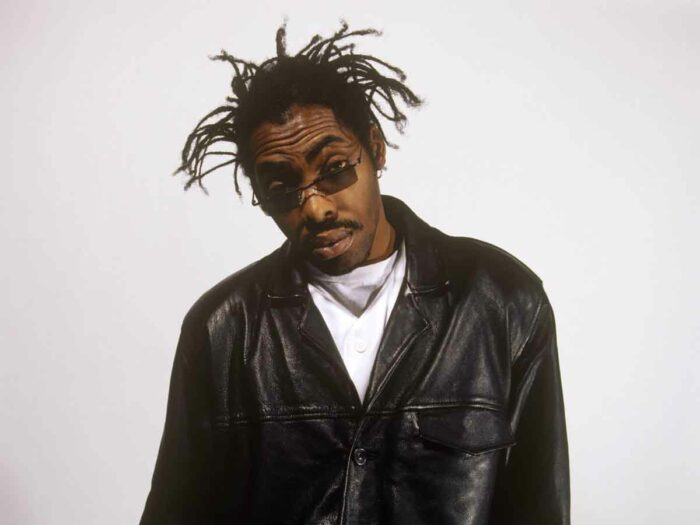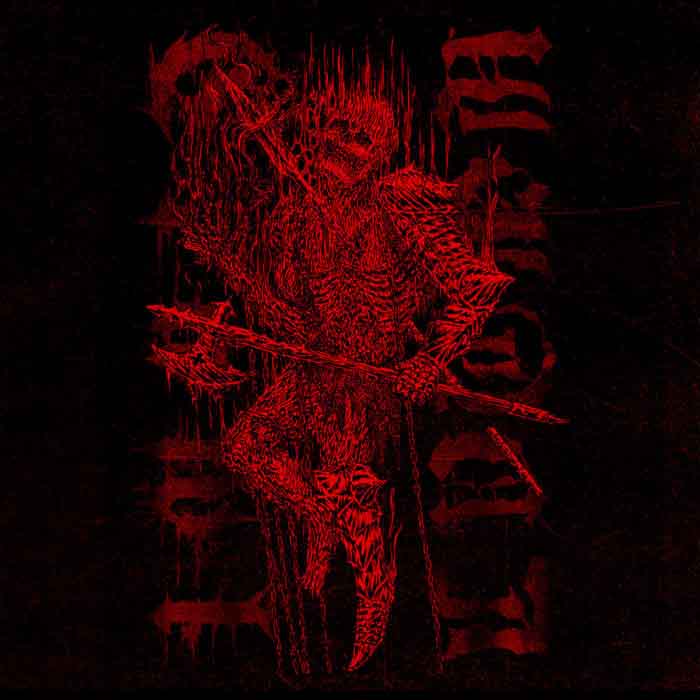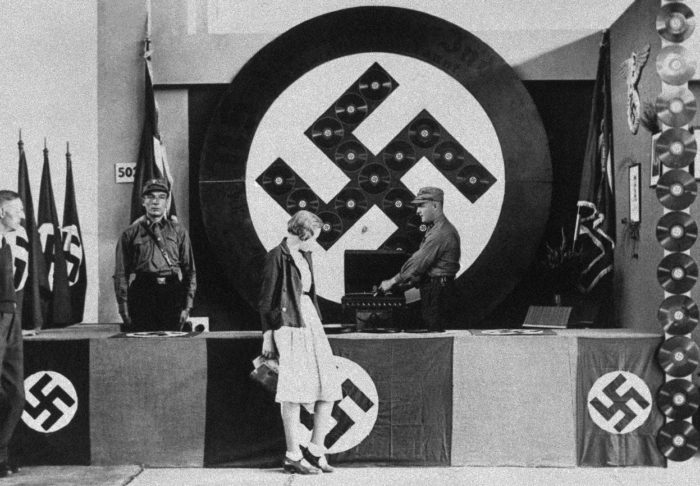
A rapper in LA gets indicted on murder charges just for the cover of his rap album. That is what the headlines scream, and among the metal community and its media some are comparing this even to previous onslaughts of music-related censorship like the PMRC days.
That is not the case. The metal media likes to think it is, because it gives them something to write about in the midst of a dearth of events of actual import (versus paid promotions disguised as reporting) and it lets all metalheads feel self-righteous about being warriors for the truth and martyrs for free speech, or something like that.
Even more, the case of Tiny Doo and his album is more complex than a first glance reveals. The album cover was one piece of evidence but the bigger and more important piece was that he was in the gang that did the shooting.
[Tiny Doo] is a documented gang member with a “gang moniker” of TD, according to the San Diego police.
…The evidence against Duncan, Watkins said, consists of his rap album and pictures on a social media page of him and several other defendants.
So now we’ve got three data points: (1) known gang membership, (2) photos of himself with the killers, and (3) an album which promises “no safety” for snitches.
Is there an analogy to this in metal? Certainly: when Burzum named his first EP Aske, put a burned church on the cover, and sold it with a lighter with a burnt church on it, that too could have been considered evidence against him. If he had been in the Crips and had Facebook postings of himself standing among them throwing gang signs, his conviction might have been easier as well.
The point is that the prosecutor is using this album to tie it all together. And really, it fits in well: known gang member hangs out with killers and then puts out an album suggesting that he would hunt down his enemies and shoot them, at least from the cover. (We can hope that he has in fact pulled the ol switcheroo and instead released an album of ambient black metal about the Viking war against Christianity but this is unlikely to be the case).
For these reason, cool your jets about censorship. The case is more complex than the headlines allow, as usual. As our media devolves further into clickbait, rational and thoughtful headlines fly out the window, but even more, good luck expressing anything complex in 72 characters. It is the people who followed up on this with hysteria who should be embarrassed.
No, they are not coming for your metal. They do not need to. Your metal was always at best a tiny movement, a fraction of the sales and activity that big hard rock bands like AC/DC generated. It is not even on their radar for social trends. Further, they have something better than censorship: the genre has been taken over by indie rock. Now all songs are going to be about feelings, disguised in the usual blood ‘n guts material.
Not only that, but if authorities wanted to censor rap music, they would have done so long ago. Rap in the 2010s is like Madonna in the 1980s: everybody listens to it. While many of us consider rap and hip-hop the artistic equivalent of deathcore, and suggest a nice Coltrane live set instead, it is a huge moneymaker that now occupies the most respected position in pop music.
We wish Tiny Doo the best in his upcoming case. He is after all innocent until proven guilty. But metalheads need to chill out and stop seeing this case as the censors versus artistic expression, or a backdoor attempt to take your progressive grindcore with lyrics from ancient Olmec sorcery away from you. Only your Mom can do that.
16 CommentsTags: censorship, deathcore, hip-hop, rap, tiny doo





